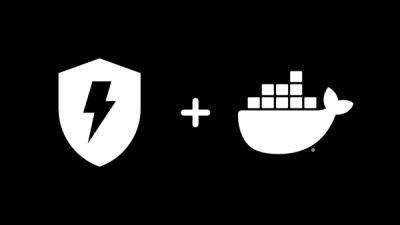django-olympus
[![build-status-image]][build-status]
[![coverage-status-image]][codecov]
[![pypi-version]][pypi]
Collect data from django models into ElasticSearch.
This Django application provides a OlympusCollector class that is a wrapper for the ElasticSearch API and database
(using their official package).
To know more about how to use it, please check the Setup section.
Setup
After adding django-olympus as part of your required packages, add olympus to INSTALLED_APPS in your settings.py.
The following settings are available for customization:
| OLYMPUS_ELASTICSEARCH_URL | None | This should point to the ElasticSearch server running. |
| OLYMPUS_ELASTICSEARCH_VERIFY_CERTS | None | This should tell whether certificates should be verified - only set this to false for local development |
Since this application provides a baseline Collector class, this will help you bootstrap data collectors to send
information to ElasticSearch. The following section details how to write your own collectors.
Collectors
To create your own collector, in any Django app of your project, extend the OlympusCollector class and implement the
collect method to specify all the logic you need.
from olympus.base import OlympusCollector
class SampleCollector(OlympusCollector):
index_name = "sample_collector"
index_date_pattern = "%Y.%m.%d"
index_lifecycle_name = "something"
def collect(self):
self.logger.info(f"started {self.index_name}")
data = some_func()
yield = {
"_id": "1",
"some": data.attribute,
"more": data.attribute2,
}
To keep collectors organized, you might want to create an occ.py file in each app, implementing the collectors. Each
app can implement as many collectors as necessary, there is really no restrictions.
olympus API provides a Django command called push_to_es which allows you to run a collector. To run the sample
above, ./manage.py push_to_es myapp.SampleCollector would be required.
Apps with collectors must be part of your settings.py file, otherwise collectors are not initialized and not added
to the list - hence push_to_es will fail.



